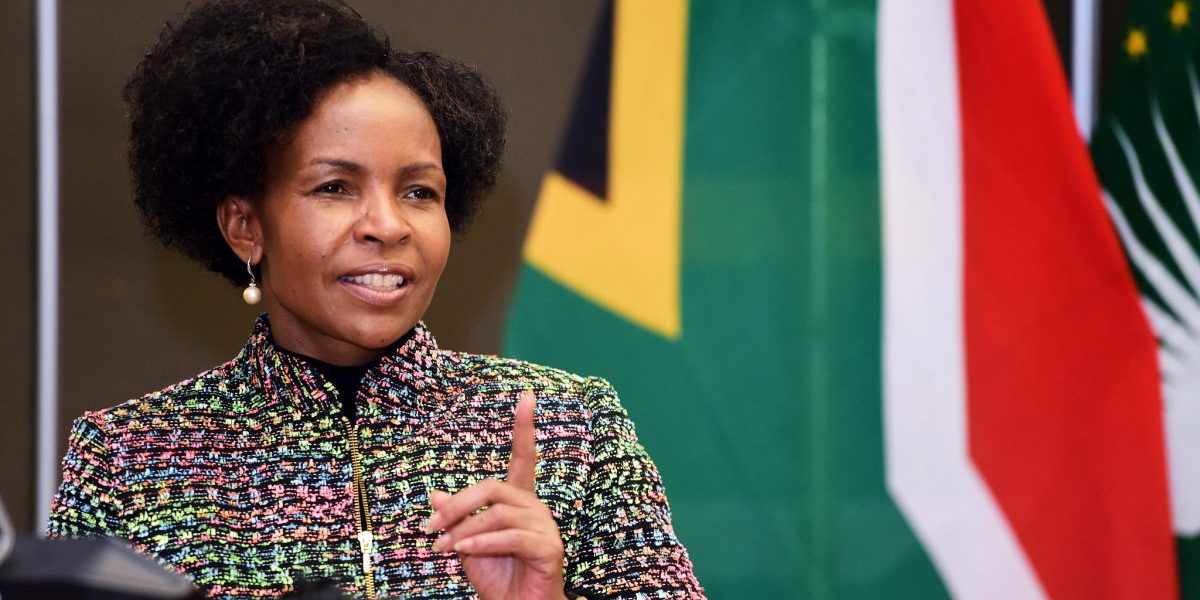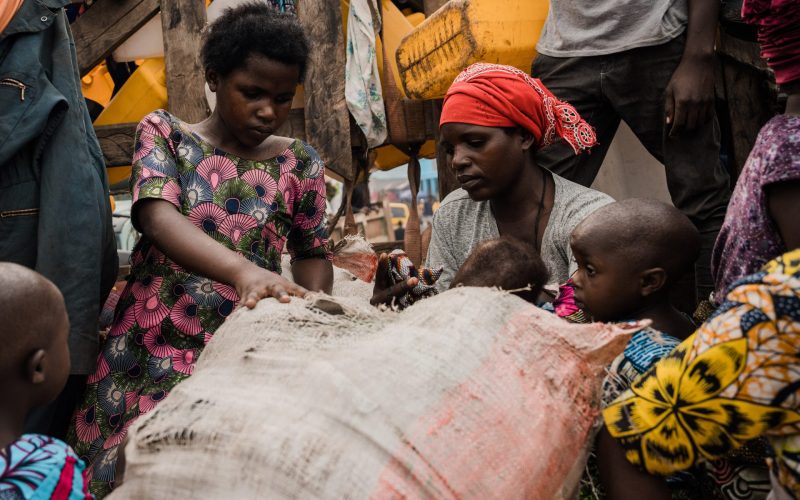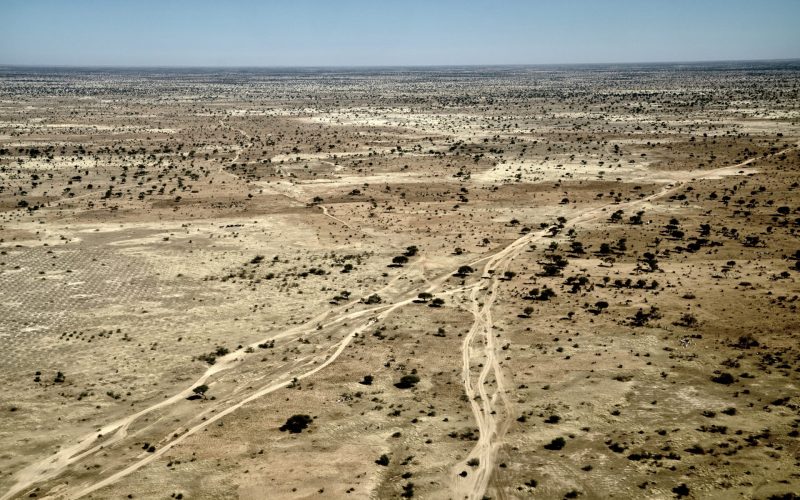Given South Africa’s not uncontroversial first-ever term in the Security Council in 2007 – 2008, it took some of us by surprise that fellow African states had endorsed South Africa’s candidacy for the seat again so soon.
To launch South Africa in its new role, the Minister of International Relations and Co-operation, Maite Nkoana-Mashabane, held a press briefing on 5 January. She ended her remarks in response to questions from the assembled journalists with the rather startling statement, ‘’Well, even Mr Wheeler is satisfied!’’ You will have to take my word for this, because it does not appear in the transcript that appeared shortly afterwards on the DIRCO website. While I was satisfied with the briefing, it remains to be seen whether I will be satisfied with South Africa’s performance.
For some time post-1994, I was chief director for global security and disarmament affairs in what was then called the Department of Foreign Affairs. In that capacity I attended various UN and related conferences, including the occasion when President Mandela led a delegation to New York to retrieve South Africa’s long-vacant seat in the world body.
I therefore observed with interest how the South African team fared during their first term and did not hesitate to criticise the way South Africa voted on the infamous resolution condemning Myanmar for its human rights abuses. That vote was not in line with the Mbeki administration’s obsession with not breaking ranks with the African consensus – Congo, the AU president at the time, abstained and Ghana voted for the resolution. Instead South Africa alone voted with those paragons of human rights and democracy, China and Russia, when the negative vote of either of these permanent Council members would have been sufficient to veto the resolution. The South African vote undermined the moral high ground the country had occupied since the adoption of its constitution with its progressive bill of rights and its peaceful transition to democracy.
The reason offered for South Africa’s vote was that questions of human rights should not be raised in the Security Council, but in the newly created UN Human Rights Council in Geneva. This technically obscure reasoning was lost on most observers, including the media, and South Africa was subjected to wide criticism. This outcome was blamed by the then minister and others on ineffective public relations by South Africa.
There is no doubt that South Africa’s first term on the Security Council was a harsh learning experience for the South African team in New York, and the support staff back in Pretoria. Having never before been exposed to the behind the scenes jockeying by the permanent members pressures, they were shocked and bruised by pressure they were placed under by the permanent members and others to support their particular points of view and national interests.
With these two lessons learnt from last time the South African team enter the second term battle-hardened and prepared for what lies ahead. The South African permanent representative at the UN in New York, Baso Sanqu, was deputy to Dumisani Khumalo last time round and knows the ways of the Council and its members.
In addition, the Department has sought to deal with its alleged public relations weakness and poor media liaison by appointing Clayson Monyela as deputy director general for public diplomacy. Monyela hails from the Limpopo government and according to informed sources (no Wikileaks) knows his job.
Each member of the Security Council chairs one or more of the subsidiary bodies of the Council. At the first meeting of the Council on 4 February South Africa was assigned to the chair of the Terrorism and Weapons of Mass Destruction committee, which looks at the threat of non-state actors acquiring WMDs, and the working group on Conflict Prevention and Resolution in Africa. It was also assigned as vice-chairs of the Liberia and Côte d’Ivoire sanctions committee. These duties are in line with South Africa’s on-going foreign policy interests. Since 1995, and even before, South Africa has taken a leading role in dealing with the problems of weapons of mass destruction. And one of the successes of its previous term was promoting better co-ordination between the Security Council and similar organs of regional organisations, in particular the AU’s Peace and Security Council.
The minister emphasised that South Africa would work hard for the reform of Security Council membership better to reflect the changes to the post-1945 world and to give appropriate representation to the countries of the South. This laudable endeavour is one which most countries, even the five permanent, veto-wielding members – China, Russia, France the United Kingdom and the United States – support in their rhetoric. But the problem comes when these justified changes have to be reconciled with the national interests of all parties concerned. Let us not hold our breath for success during the next two years.
We wish the new South African team at the UN Security Council every success in the arduous task ahead and in achieving some of their objectives before the end of 2012.








